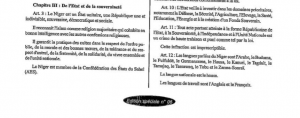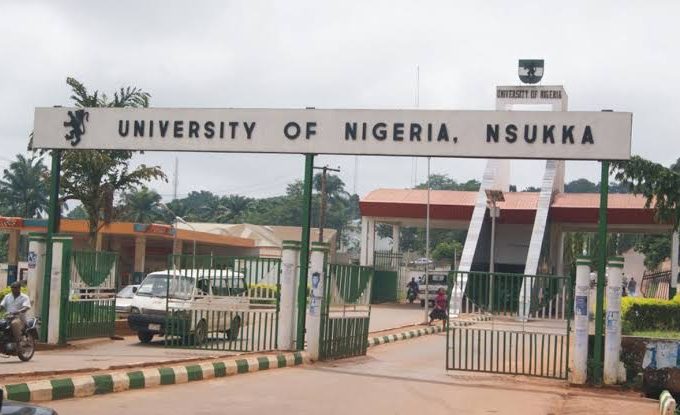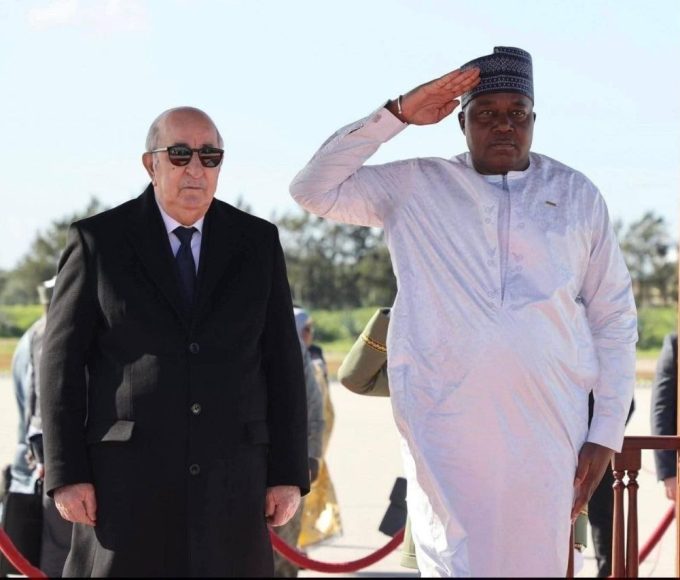
Niger Declares Hausa as Official Language, Retains French and English as Working Languages

Niger has declared Hausa as its official language, according to Article 12 of the newly ratified Renaissance Charter. The transitional document, signed into law by President Abdurahman Tchiani, marks a move toward prioritising indigenous identity and linguistic heritage.
While French and English will remain working languages in government and international affairs, the elevation of Hausa to official status underscores a broader effort to strengthen national unity and cultural autonomy following recent political changes.

Hausa is already the most widely spoken language in Niger, with estimates indicating that over 55 per cent of the population uses it in daily life. It also serves as a key lingua franca across West Africa, especially in neighbouring Nigeria, where it is similarly prevalent.
The Renaissance Charter outlines Niger’s transitional roadmap following last year’s power shift, which brought President Tchiani to leadership.
Declaring Hausa as the official language is one of several provisions aimed at redefining governance in ways that reflect the country’s demographics and values.
It will be recalled that Tchiani was sworn in as Niger’s transitional president for five years under a newly adopted charter. This follows recommendations made during a national convention held from 15 to 19 February in Niamey.
The gathering brought together 716 civil and military representatives, including former ministers, legal experts, military officers, academics, religious leaders, and civil society members. A national commission, chaired by traditional leader Dr Mamoudou Harouna Djingareye, oversaw the process.
Tinubu’s Sole Administrator in Rivers Defies Court Order, Appoints LG Administrators
About The Author
Related Articles
Malian Army Says Dozens of Militants Killed in Airstrikes in Segou Region
Mali’s armed forces say they have killed about twenty suspected militants during...
ByWest Africa WeeklyFebruary 19, 2026Nigeria Approves 33 New Universities While Education Quality and Jobs Remain in Crisis
Nigeria has approved 33 new universities, bringing the total number of sanctioned...
ByWest Africa WeeklyFebruary 19, 2026Gabon Suspends Social Media “Until Further Notice” Amid Rising Unrest
Gabon’s media regulator has announced the suspension of social media platforms nationwide,...
ByWest Africa WeeklyFebruary 18, 2026Niger’s Tiani Visits Algeria in Bid to Strengthen Ties and Revive Key Projects
Abdourahamane Tiani, Niger’s head of state, is on an official visit to...
ByWest Africa WeeklyFebruary 18, 2026












Leave a comment